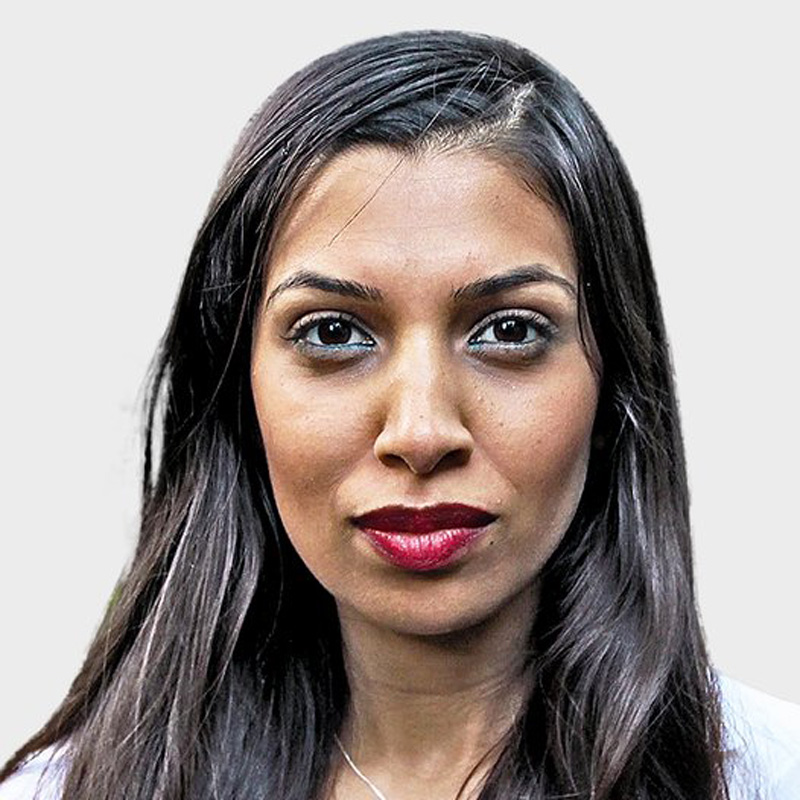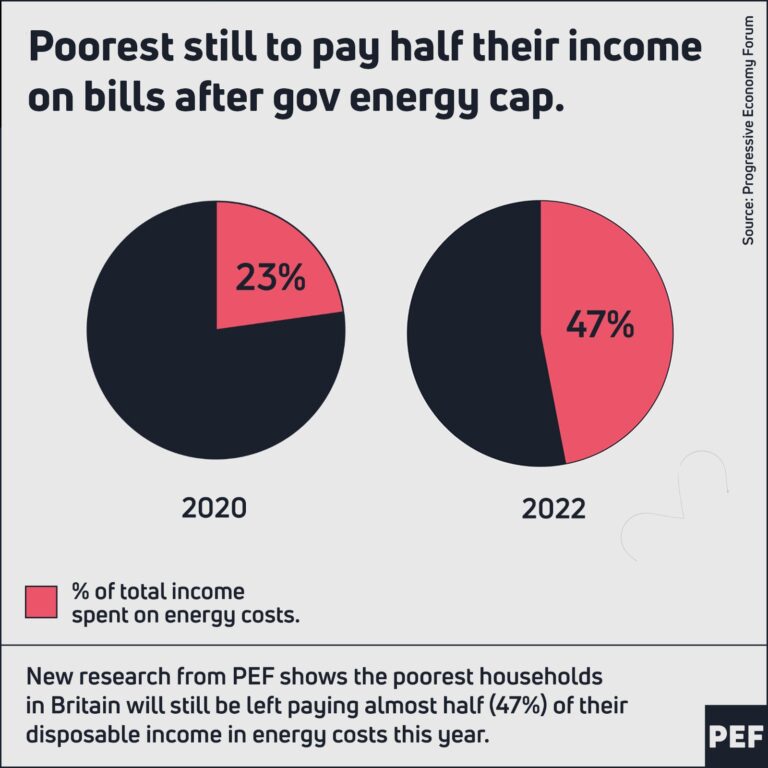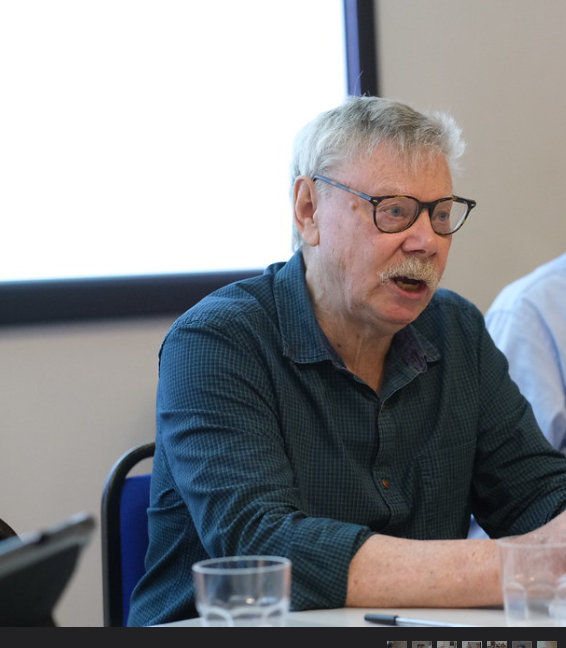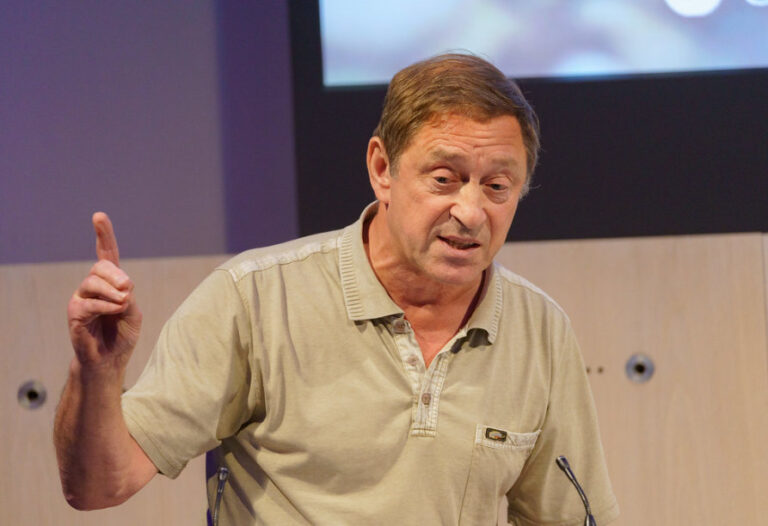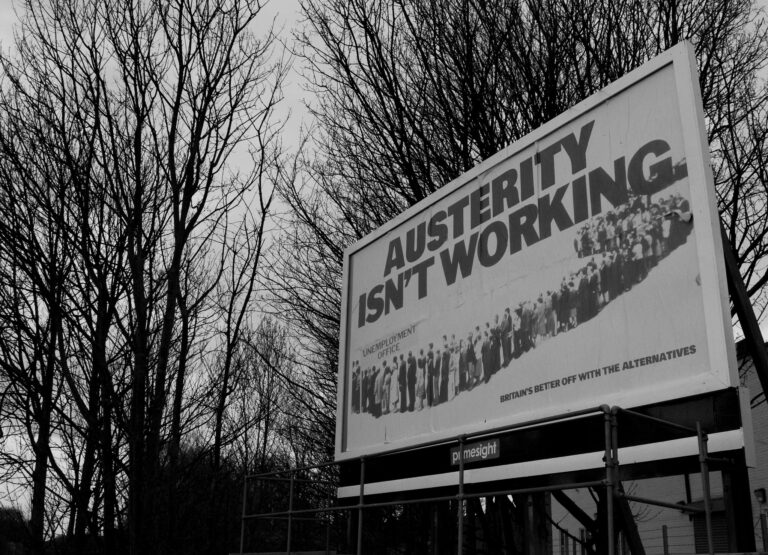What is a progressive economy? The first three words that come to mind when I think about a progressive economy are: equality, green and community. Many of us would include this these words on our bucket list of the outcomes that we want to see in society. Currently the economy is associated with the exact opposite of these three words. How we turn this around is the billion dollar question, but a good start would be knowing what our headline goals are.
Progressive can mean all sorts of things – I suppose politicians like David Cameron thought he was progressive because he voted for gay marriage. However, under his leadership, the government instigated the harshest spending cuts on public services and the welfare state in living memory. The cuts have been judged regressive in every regard, disproportionately hitting the poorest people, most deprived areas, single mothers and women of colour.
Cameron’s contradiction lies at the heart of key problem we’ve had in equality discussions – we have too often divorced issues of equality from the economy. No surprise then that the economy continues to reproduce hierarchies in income and life outcomes between groups – men and women, white and black ethnic groups, and the elite and working classes – that we have observed for centuries.
What happens when you unite the idea of equality between groups with the economy? Well you start changing the incentives of the economic system. Instead of growth for growths sake, you will focus on increasing wages at the bottom, and in expanding the opportunities for groups who have been historically held back from fulfilling their potential though public provision of housing, health, education etc.
You also start asking questions about ownership and representation in the economic sphere. How can the economic system have equality built-in when the vast majority of decision makers and owners of wealth continue to be privileged white men?
Our economic system would need to stop being beholden to corporate interests, such that the tax system would need to recoded. We would not employ a quantitative easing programme that resulted in asset inflation so the wealthiest got wealthier, rather we would have invested in house building and greening our infrastructure.
It would no longer be enough to have the odd few working class people beat the odds to get to the top, we would want to see whole communities lifted with a substantial regional investment programme.
Setting an agenda of equality and people power fused with environmental sustainability would add further depth to the values of our economic system. We would reattach it to planetary means and put higher monetary costs or taxes on environmental unsound practices and goods.
When I think of an economy that values community I’m also thinking about the international community. It is no good for us to be more green within our border but to export our carbon footprint abroad nor is it okay for us to create a race to the bottom by setting low taxes or poor workers’ rights.
It’s amazing how quickly you can reimagine the economy and the policies that would go with it once you connect it with the outcomes you want to see. When you change the aims you very quickly change the incentives that define how our economy functions. But this exercise also makes abundantly clear how much needs to be destroyed and rebuilt with new purpose.
What is our current headline goal? One of the findings that worried me most in the PEF & CLASS poll on public understanding of austerity was that the most popular answer (24%) to what government economic policy should be focused on was ‘balancing the budget.’ This came ahead of investing in the productive potential of the economy (19%) and making the best use of scarce resources (16%). A goal focus on driving down government spending is not only economically foolish, but puts us in to a viscous cycle where equality, environmental sustainability and community falls by the wayside.
This is why CLASS feels it is fundamental that we make a concerted effort to defeat austerity and the powerful narrative that has accompanied it. We’re excited to be partnering with the Progressive Economy Forum (PEF) to develop necessary resources, media outputs and training to counter our unhelpful obsession with debt.
Given where we are, perhaps the most vital component of an endeavour to build a progressive economy is a hopeful and ‘can do’ attitude. The task is big, but the need for change even bigger – let’s get on with it.
Faiza Shaheen is Director of CLASS

